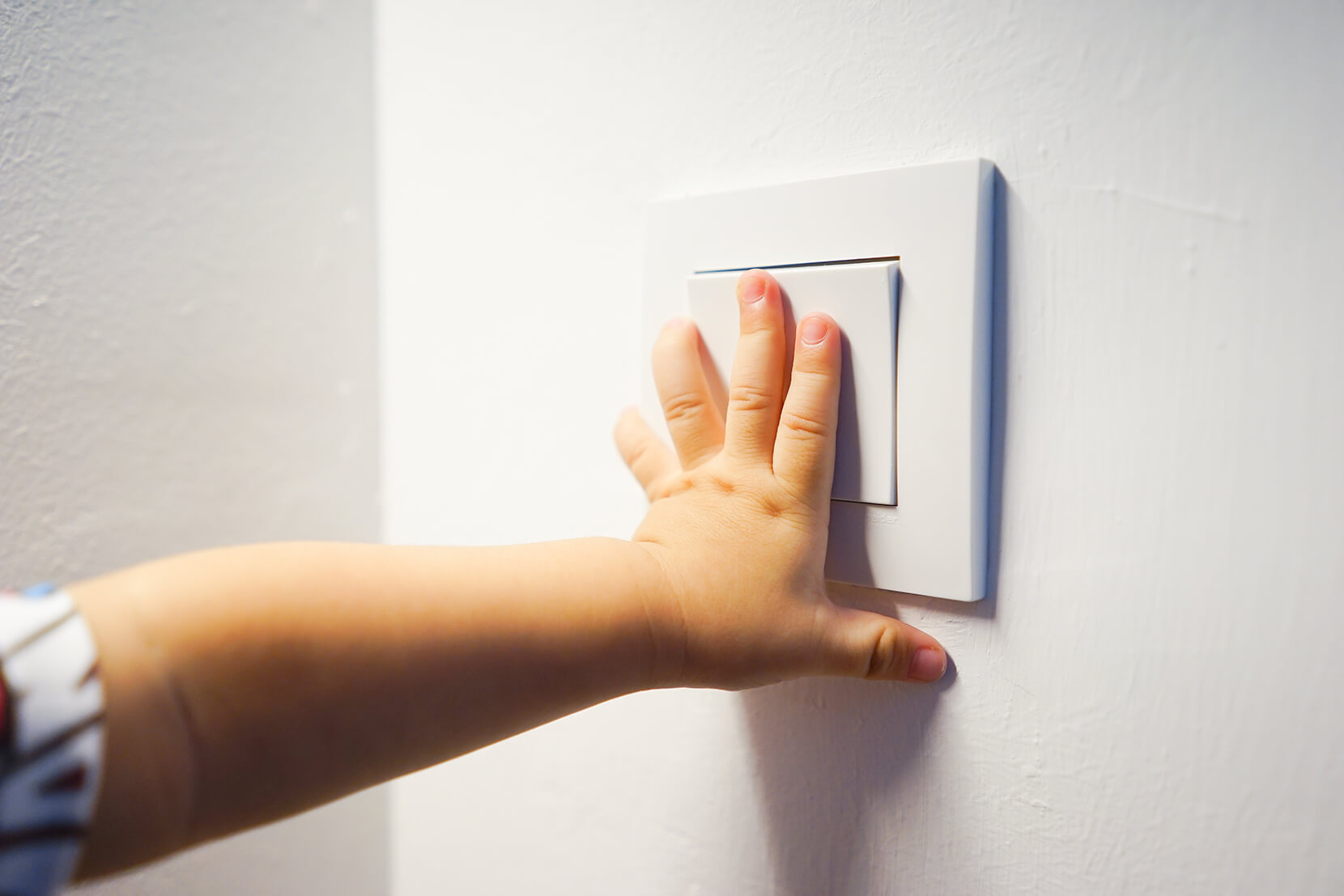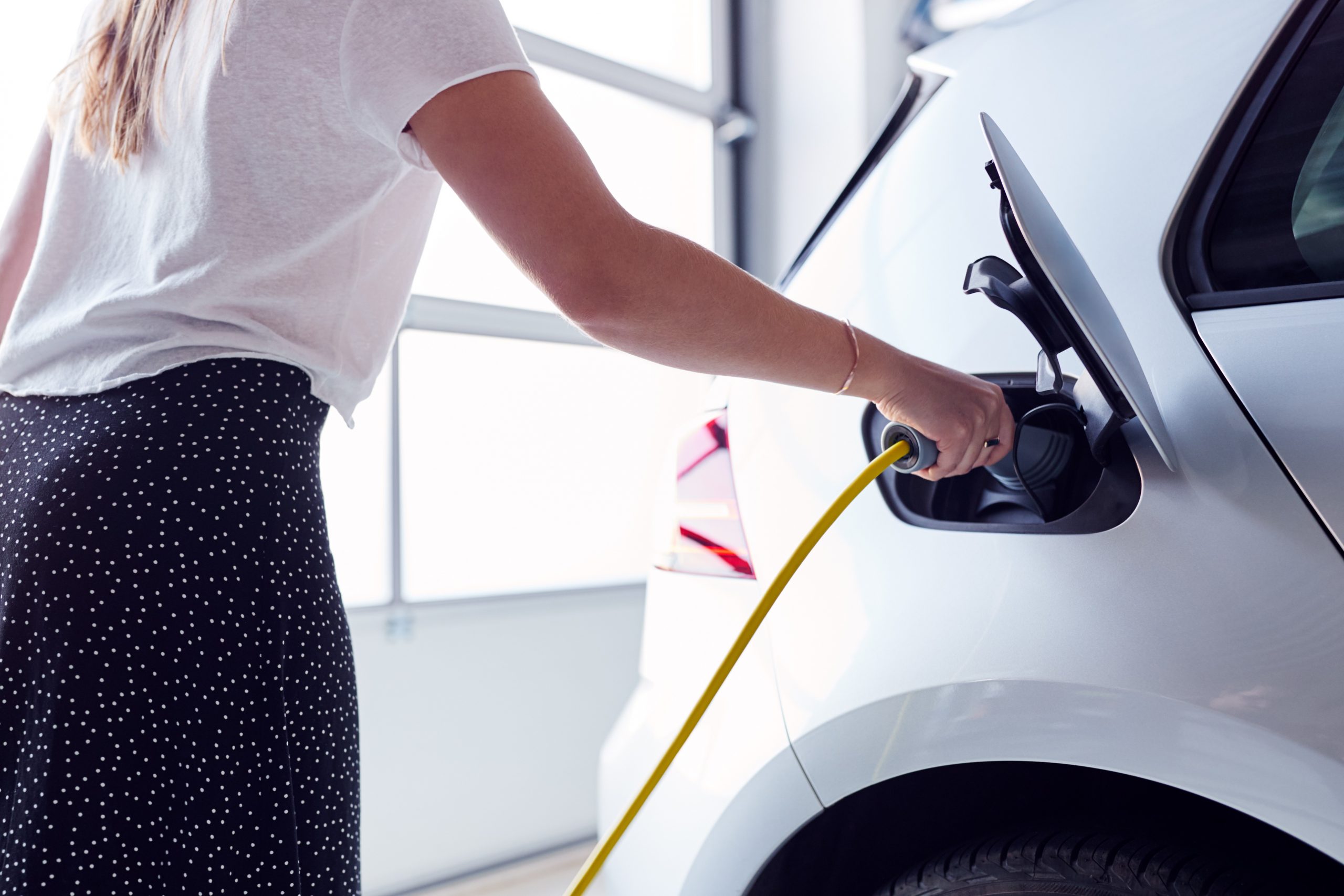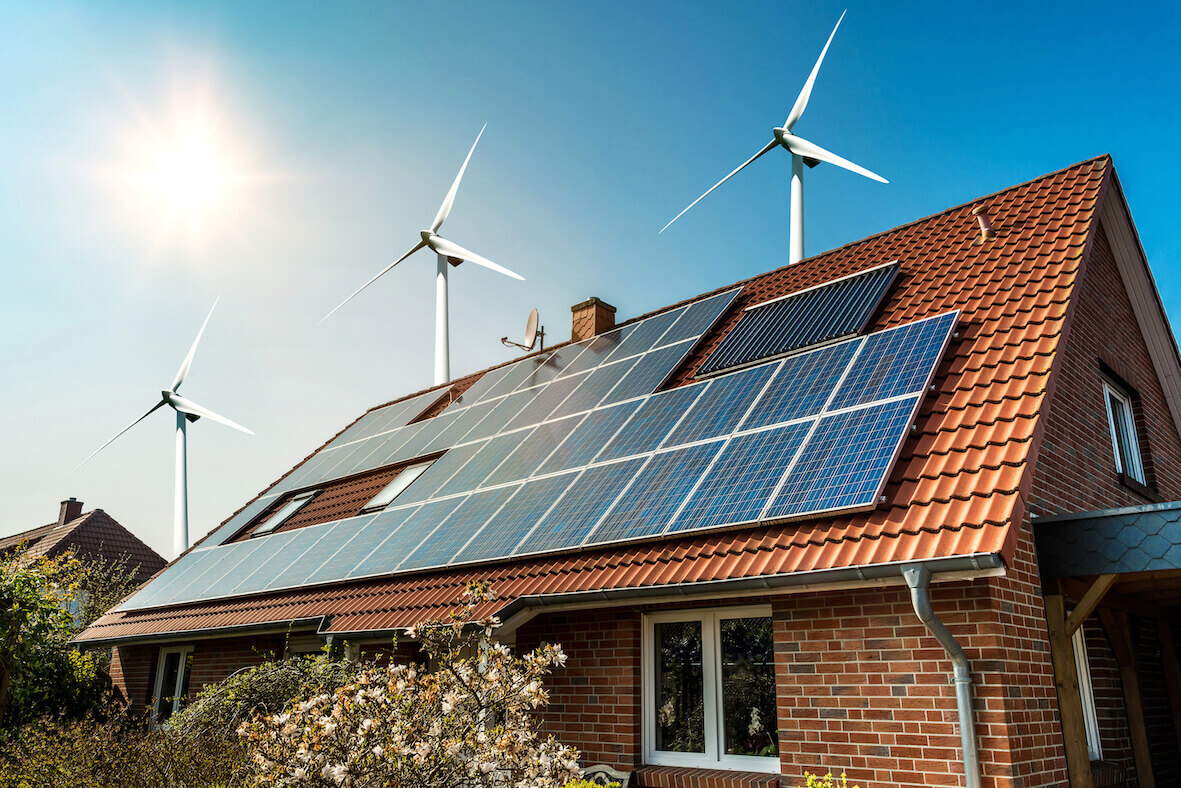Simple ways to save energy at home
As part of the drive towards a greener economy and reducing CO2 emissions, there is a lot of talk about the phasing out of gas boilers and replacing them with air or ground source heat pumps, installing solar panels, or other high-cost solutions. Read our guide for simple ways to save energy at home.
With increasing fuel prices and other squeezes on the cost of living, there is an added need to save energy and money at home. But relying on new technology is expensive and out of the reach of many people.
We’ve listed some inexpensive ways to save on your fuel bills just by changing your behaviour or by carrying out some basic changes in your home.
Switch off ‘standby’
You can save around £40 a year just by remembering to turn your appliances off standby mode. You may want to think about getting a standby saver or smart plug which allows you to turn all your appliances off standby in one go. Check the instructions for any appliances you aren’t sure about. Some satellite and digital TV recorders may need to be left plugged in.
Draught proofing
Unless your home is new, you will lose some heat through draughts around doors and windows, gaps around the floor, or through the chimney. Draught proofing of windows, doors and blocking cracks in floors and skirting boards can save around £30 a year on energy bills. Open fire places/chimneys can be insulated using an inflatable bag inserted into the flue.
Turn off lights
Turn your lights off when you’re not using them. This will save you around £14 a year. Replacing all the lights in your home with LED bulbs will also help.
Laundry tips
You can save around £20 a year by using your washing machine differently. Use a 30 degree cycle instead of higher temperatures and save £10 a year. Only use the machine when you have a full load. If possible, use your machine once a week and you could save £10 a year. Avoid using a tumble dryer for your clothes. Dry clothes on racks inside where possible or outside in warmer weather to save £40 a year. However, you should be careful when drying clothes on radiators or drying racks indoors, as this can lead to condensation.
Bathing and showering
Keeping your shower time to just 4 minutes could save a typical household £45 a year. Some of us might enjoy a long soak in the bath but swapping just one bath a week with a 4-minute shower could save you £7 a year on your energy bills.
In the kitchen
Avoid overfilling the kettle and only boil the amount of water you need and save yourself £8 a year. You could also consider fitting an aerator onto your existing kitchen tap to reduce the flow of water. An aerator is a small gadget with tiny holes, which attaches to the spout of taps and are cheap and easy to install. This could save up to £14 per year. Only use your dish washer when it is full to reduce the amount of water and electricity you use.
Hot water tanks and plumbing
Improving the insulation on your hot water tank, if you have one, will save money. This can be done by increasing the insulation by putting a British Standard Jacket 80mm thick over existing insulation, saving £20 a year. Insulating adjacent hot water pipes will also help.
Smart meters
Installing a smart meter will help reduce bills. The meter comes with a digital display that shows you how much you are spending or fuel you are using in real time. When you can see and understand how you’re using energy, it helps you manage your consumption.
Central Heating
The addition of Thermostatic Radiator Valves (TRVs) to radiators is another way of improving the efficiency and reducing the cost of your central heating. These are fitted to each radiator and can be adjusted to suit the use of the room and will stop heating once the required setting has been reached or can be switched off if the room is not in use.
The addition of a thermostat will put you in control of your central heating. The thermostat allows you to set the overall temperature of your central heating. The boiler will automatically turn itself off once there quired temperature has been reached, so saving fuel and reducing bills.
Notes:
Figures from the Energy Saving Trust.
Savings are for a typical three-bedroom, gas-heated home in Great Britain, using a gas price of4.65p/kWh and electricity price of20.06p/kWh.
Water savings are based on average occupancy.
This household is projected to spend a total £1,360 on energy annually.
Last updated: 2 December 2021




